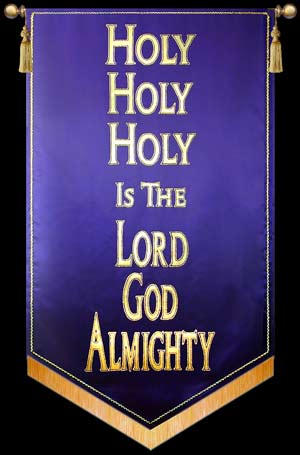I was reading my Devotional of the Carmelites by Father Gabriel of Saint Mary Magdalen O.C.D. and their conception of God. I mention the book because the mystics of the Carmelite tradition include such holy figures as St. John of the Cross and St. Teresa of Avilla. They lived exceptional lives of holiness because they were surrendered to God in total trust. They had a humble faith in God’s providence as they abandoned themselves completely to Him. Here’s what it says on page 693:
Ego dissolves in surrendering and trusting God. Letting go and letting God have control. Instead of fighting against the flow of life we let go of control as we abandon ourselves completely to God. We navigate through life not control it. We usually have to hit bottom and shatter the ego before we surrender to God in humble trust that leads to obedience. In learning to let go we empty ourselves to be filled with the Spirit (word of God). This letting go and emptying the self is the goal in Buddhists meditation. It sharpens our focus to live in the now or moment. When we surrender we accept the past and future as the blood of Christ covers them both. With God in control the future is secure. For He promises to work everything together for good for those that love Him. And we love Him because He first loved us in His suffering death and resurrection. In confessing our sins and trusting God the past is blotted out and the future is secure because it’s in His hands. I have hope and am freed up to live in the present moment. One day at a time one moment at a time we are dependent on Christ as He secures our future because we love and trust in Him. He is the self-sufficient, all-knowing, all-powerful and all glorious one. I’m nothing. I’m powerless and depend on Him in a humbled and surrendered trust in His Divine Providence. In letting go I’m no longer in control but the sovereign God is. I no longer try to ego control life and other people. In surrendering to God’s control we surrender to the flow of life and live from the heart. We no longer try to manage everything. God is our manager. His omnipresence permeates everything as He is the guiding Spirit behind the cosmic evolution. We put our faith in Him. We trust His promises.

